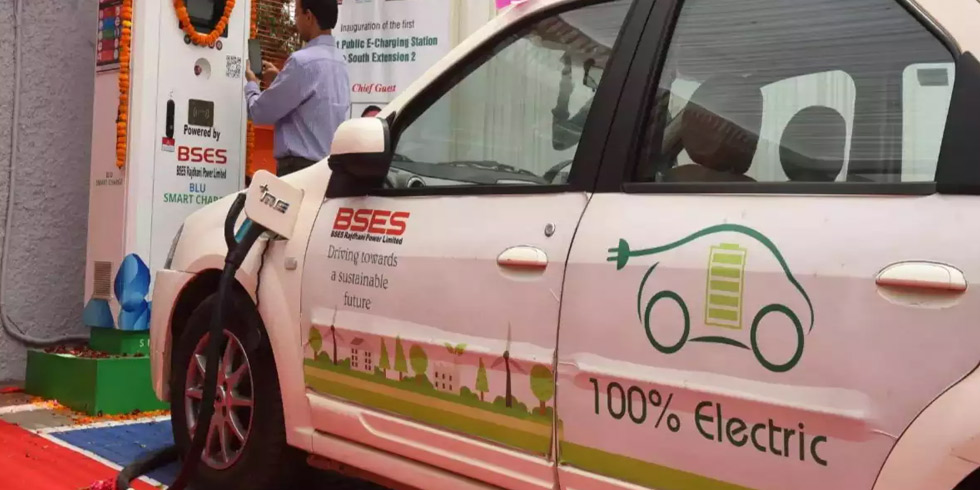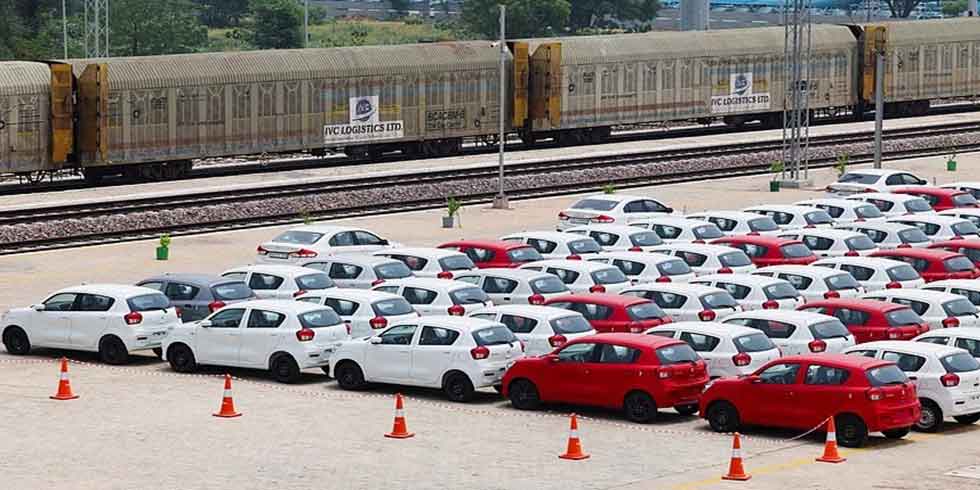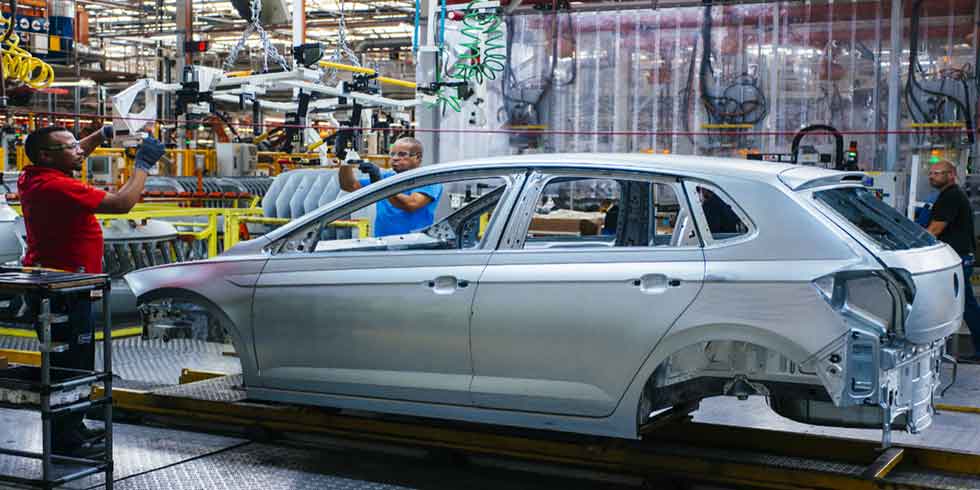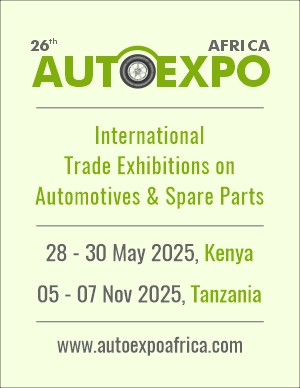According to Fitch Solutions, India's recently announced electric vehicle (EV) incentives, combined with high fuel prices, will enable greater adoption of EVs between 2020 and 2023, resulting in a 26 percent average annual growth rate.
However, the economic impact of the Covid-19 pandemic, as well as the scarcity of domestically produced EVs, will be difficult to overcome, according to the report.
"We anticipate the Union Budget's focus on EV promotion will improve the longer-term outlook for EV sales, but it will still fall far short of the country's objective of electrifying all new vehicles sold by 2032," Fitch said.
An additional excise fee of Re 1 per litre of fuel and petrol, a reduction in the Goods and Service Tax for EVs to 5% from 12 percent earlier, and various income tax advantages granted to persons who purchase EVs are among the important auto-related aspects.
As more countries try to boost EV adoption, reduce emissions, and attract EV-related manufacturing investment, the EV market in Asia will continue to grow at a rapid pace.
According to Fitch, EV sales in Asia would increase by 78.1 percent in 2021, compared to just 4.8 percent in 2020.
According to the report, overall EV sales in the region will reach just under 10.9 million units by the end of 2030, up from just over 1.4 million units in 2020.
Given their financial power and dedication to lowering emissions, the three most advanced economies in the area, China, Japan, and South Korea, will account for the majority of EV demand between 2021 and 2029.









Add Comment